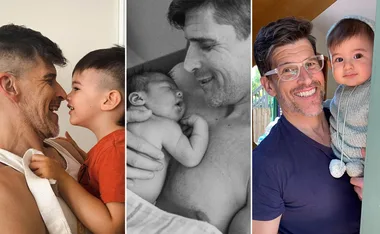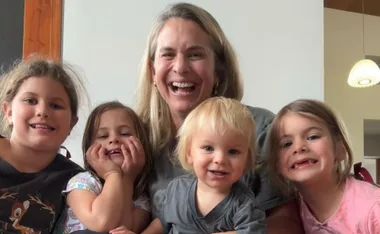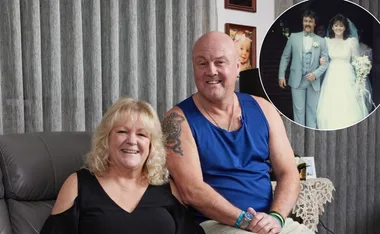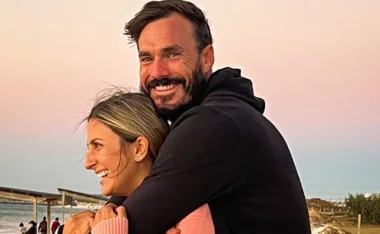Zara Phillips has admitted she is “nervous” about the upcoming Olympic Games, but she wasn’t showing it yesterday as she goofed around with her teammates.
The champion equestrienne travelled to Loughborough University in the East Midlands to collect her official Team Great Britain uniform, and couldn’t resist posing for some funny photos in her new clothes.
In pictures: Zara Phillips – Growing up royal
Zara, 31, took some solo portraits before she was joined by her eventing teammates Nichola Wilson and Mary King.
Later, the royal addressed the crowd, admitting she was feeling pressure ahead of the Olympics, but was excited about competing in front of a home crowd.
“I’m very excited, honoured, but also nervous,” she said.
“A horse is a pretty unpredictable animal and it is difficult when you are trying to get it and yourself into prime fitness. You are going that extra mile; you do the extra training and, unfortunately, things can happen.”
In pictures: Zara Phillips marries Mike Tindall
Zara missed out on the 2004 and 2008 Olympics after her previous horse Toytown was injured.
Her mother Princess Anne and her father Captain Mark Phillips have both competed for Britain in eventing at the Olympics.
Video: Zara Phillips talks about her royal wedding



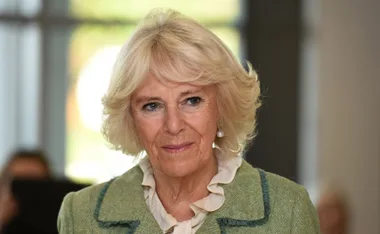

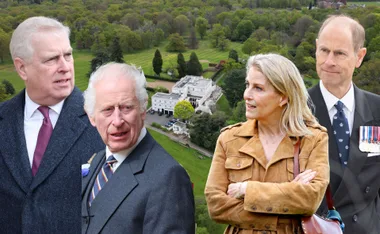

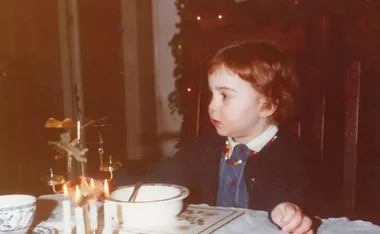

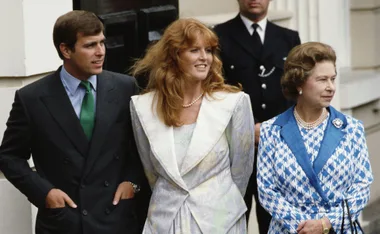
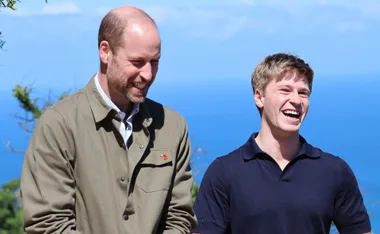



.png?resize=380%2C285)
.jpg?resize=380%2C285)
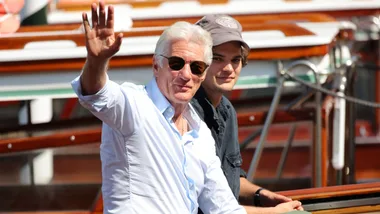



.png?resize=380%2C285)
























